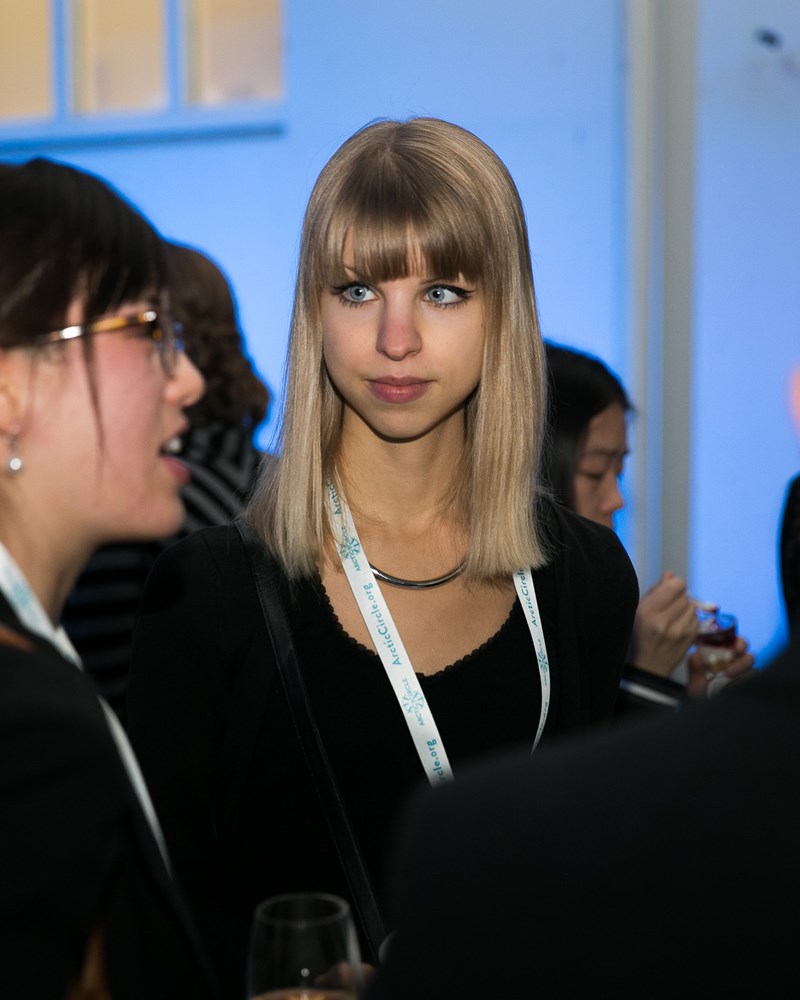Climate and Cultural Change Above the Arctic Circle
Organized by the Uummannaq Polar Institute. Greenland 16. October 2015
Climate change in the Arctic stretches from Greenland to Russia, from the seal hunters of Greenland to the reindeer herders of Siberia. Hunters and herders claim that the most important consequence of climate change is not warmer temperatures; rather, it is the increasingly erratic nature of the weather. Humans who live in the Arctic seek new cultural knowledge with which to cope in new climate circumstances.
Change, though, can reveal new knowledge to apply to shifting paradigms. The Uummannaq Polar Institute (UPI) was founded at the beginning of the International Polar Year (IPY 2007) with this intent in mind.
Climate change in Uummannaq has wrought significant changes in education curricula of the Children’s Home. Its mission statement elevates traditional ways of hunting and fishing as the primary means for individual development and Arctic survival. Home a stresses social skills as well as arts, crafts, and market economy occupations and professions.
Speakers:
- Ann Andreasen, Director, Uummannaq Polar Institute and Børnehjemmet (Uummannaq Children's Home)
- Jean-Michel Huctin, Anthropologist and Lecturer, CEARC Research Centre, University of Versailles Saint-Quentin-en-Yvelines; Co-Founder of the Uummannaq Polar Institute
- William Gasperini, Journalist
- Wilfred E. Richard, Geographer, Photographer, UPI Research Fellow; Research Collaborator, Smithsonian National Museum of Natural History Arctic Studies Center
- René Kristensen, Social Educator and Project Manager, Børnehjemmet
Ludvig Hammeken, Director, Agera
Moderator:
- Wilfred Richard, Geographer, UPI Research Fellow; Research Collaborator, Smithsonian National Museum of Natural History Arctic Studies Center
Performance:
- The Uummannaq Children's Orchestra

